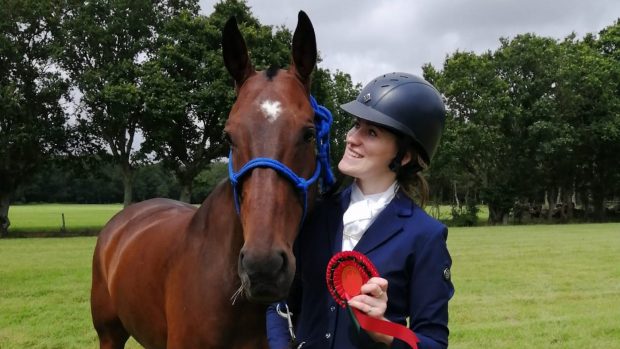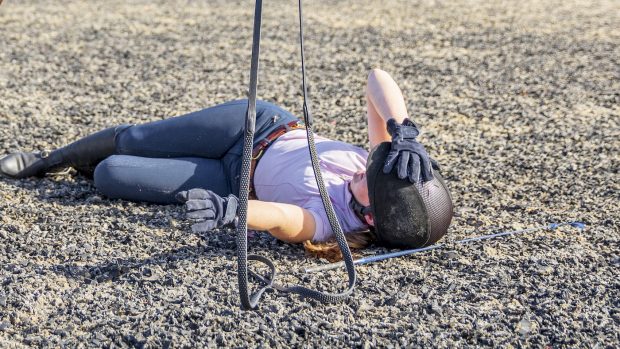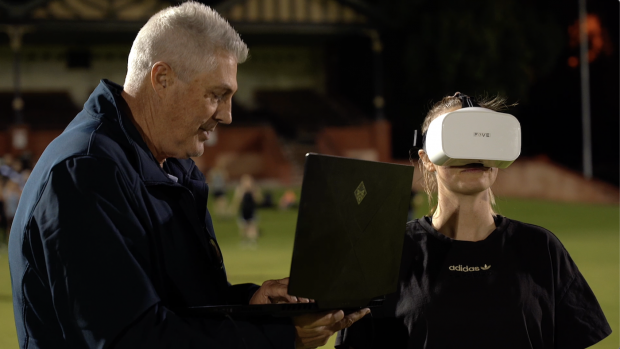Driving is something we all take for granted — and is often critical to our livelihoods. But after a serious head injury, it is important to know where you stand before you get behind the wheel again
“For a survivor of brain injury, returning to driving can be an important step towards regaining a lost sense of independence,” says Luke Griggs from brain injury charity Headway.
“It’s a life skill that many of us take for granted and it’s sometimes easy to forget that driving is a very complex activity.
“Driving requires a number of cognitive and physical skills, as well as the ability to co-ordinate them. As all these skills can be significantly impaired by brain injury, it is vital that people do not get back behind the wheel until they have been medically assessed and passed fit to do so.
“By law, when a person has a significant neurological injury, they are required to inform the DVLA and their insurance company of any changes to health that may affect their fitness to drive. We also recommend people seek advice from their GP in the first instance.”
1. After a “serious head injury”, you must tell the DVLA. If you don’t, you could be fined £1,000 and prosecuted in the event of an accident.
2. By law, it is also a requirement to contact your insurer. Your insurance could also be invalid if you do not.
3. There are forms on the government website where you can report your injury confidentially. There is a separate form for car licences to lorry licences
4. If you are unsure whether your injury consistutes being “serious”, the government recommends you see a doctor
5. Depending on the severity of your injury, you may need to take a driving test before you are given your licence back
6. It is possible for the DVLA to return part of your licence to you, but withhold extra categories. For example, you may be allowed to drive a car again, but the rules surrounding group two (HGV) licences are stricter
7. Each case is considered individually by the DVLA. However, medical guidelines state people who have sustained a serious traumatic brain injury should not drive for six months to a year
For more information, Headway has put together an e-booklet or visit the DVLA website





